How Math Skills Give Players a Competitive Edge in Various Online Games
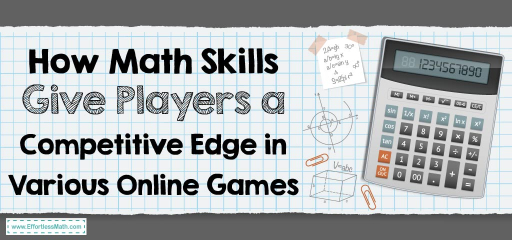
Mathematical skills are often associated with academics, but in the world of online games, they play a far greater role than most people realize. From tactical decision-making in esports to probability-based strategies in card tables, numbers help players sharpen their performance. Those who understand math concepts like probability, ratios, and game theory often have an edge over opponents who rely solely on instinct.
Card Games: Probability and Risk Assessment
Card games like poker, blackjack, and baccarat rely heavily on probability. Players who understand pot odds, expected value, and hand likelihoods can make smarter choices that improve their chances over time.
Bankroll management is just as important. By using simple arithmetic to size bets, players avoid reckless losses and keep their sessions steady. Skilled players rarely act on impulse; they calculate whether each move is justified by the cards and the pot.
In online casinos, the environment often shapes player choices. Many platforms in the United States limit access to practice or demo modes, making it harder for beginners to refine strategies risk-free. Still, there are large numbers of platforms where players can play outside state regulation, but this comes with responsibility. Ensuring that these platforms are secure is essential, and many players rely on trusted review sites to confirm credibility before committing their time or money.
Math in Video Games: Strategy Beyond Reflexes
Competitive video games demand more than fast reactions. Behind every calculated move lies an awareness of numbers that determine efficiency and success. In real-time strategy titles such as StarCraft, players must balance resources, production times, and unit ratios to overwhelm opponents. These decisions are mathematical at their core.
In multiplayer shooters, math appears in different ways. Calculating weapon recoil patterns, estimating bullet spread, and maximizing damage-per-second are skills rooted in numbers. Even team-based games like League of Legends depend on precise math, with players considering cooldown timers, health-to-damage ratios, and gold efficiency when deciding whether to engage in fights. Players who track these numbers in real time find themselves one step ahead of competitors.
Sports Betting and Data Analysis
Sports betting provides another example of math at work. Successful bettors use statistics to make decisions based on probability rather than gut feelings. Models that track player performance, historical outcomes, and betting trends help identify value bets where real probabilities differ from bookmaker odds.
Players who understand variance, regression analysis, and probability distributions are better equipped to handle winning and losing streaks without letting emotions take over. This data-driven approach demonstrates how math transforms betting into an analytical exercise rather than a simple gamble.
Online Role-Playing and Strategy Games
Role-playing games (RPGs) and strategy titles are packed with numbers, even if players don’t always notice them. Every time someone works out whether their character will land a hit, decides how to spread skill points, or manage an in-game economy, they’re doing math. Something as simple as choosing between a sword that does 45 damage per swing versus one that does 30 damage but hits faster is an exercise in arithmetic.
In MMORPGs like World of Warcraft or Final Fantasy XIV, math becomes even more important during group raids. Guild leaders often calculate how much healing per second is needed to keep the party alive or figure out the damage-per-second required to beat a boss before its enrage timer kicks in.
Even in strategy games like Civilization VI or Age of Empires II, math is at the core of deciding how many workers to send to gather resources or when to build military units to balance defense and growth. These small calculations, repeated across hours of play, add up to victories that feel anything but accidental.
Pattern Recognition and Game Theory Across Genres
Game theory, rooted in mathematics, underpins decision-making across multiple gaming genres. Whether in strategy games, card tables, or battle arenas, players use math to anticipate moves, recognize patterns, and choose optimal responses. A player who identifies patterns, such as an opponent bluffing too often or a predictable attack sequence, can adapt their approach accordingly.
This blend of probability, logic, and quick calculations makes math more than a background tool; it becomes an active part of gameplay. Over time, players who embrace math not only win more often but also gain a deeper understanding of the games they love.
Frequently Asked Questions
What is a growing pattern?
A growing pattern in mathematics refers to a sequence of numbers, shapes, or other mathematical objects that follow a rule increasing by a consistent process. For example, in a simple numeric sequence like 1, 3, 5, 7, each number is increasing by 2. Understanding and identifying these patterns can enhance strategic thinking and decision-making in various games, such as calculating the progression of potential moves in chess or optimizing strategies in card games based on the probability of certain outcomes. Recognizing growing patterns can give players a significant advantage in anticipating and countering opponents’ moves.
How do you add and subtract mixed fractions?
Adding and subtracting mixed fractions involves a few clear steps, ensuring accuracy in your calculations, much like making strategic decisions in online games like poker where assessing odds and making precise bets can lead to success. First, convert each mixed fraction to an improper fraction. Once all fractions are improper, find a common denominator for the fractions involved. You then add or subtract the numerators as required, and simplify the resulting fraction if possible. For a more detailed explanation and examples, you might find our guide on how to add and subtract fractions very helpful.
Is a chord equal to its arc?
No, a chord is not equal to its arc in a circle. While both a chord and its arc lie on the same circle, the chord is a straight line segment whose endpoints lie on the circle, whereas the arc is the curved section of the circle’s circumference between the same endpoints. Understanding this distinction can be crucial in games involving geometrical strategies or calculations, such as in certain puzzle or strategy online games where precise measurement and spatial reasoning can provide a competitive edge. This kind of mathematical reasoning is an example of how geometry impacts gaming strategies and outcomes, similar to probability calculations in card games.
Related to This Article
More math articles
- Rounding to the Nearest 10, 100, and 1,000 for 4th Grade
- Decimal Dynamics: How to Evaluating Numerical Expressions with Decimals
- 3rd Grade MCAS Math Practice Test Questions
- 4th Grade RISE Math Worksheets: FREE & Printable
- What is the Side Splitter Theorem? A Complete Introduction and Exploration
- Number Properties Puzzle – Challenge 14
- Full-Length ASVAB Math Practice Test
- How to Simplify Polynomials? (+FREE Worksheet!)
- The Art of Math: How to Solve Word Problems with Scale Drawings and Scale Factors
- How To Solve Word Problems for Explaining Fractions as Division
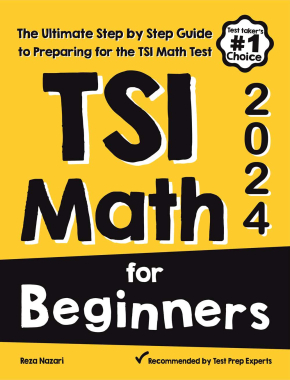
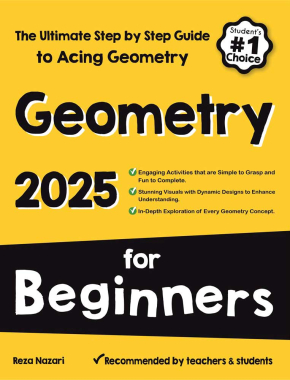
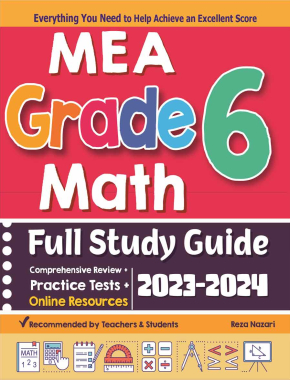
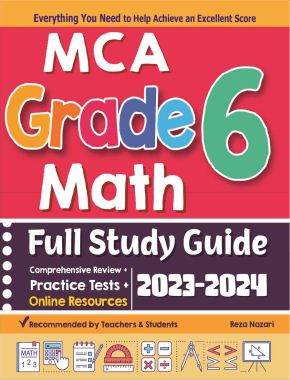
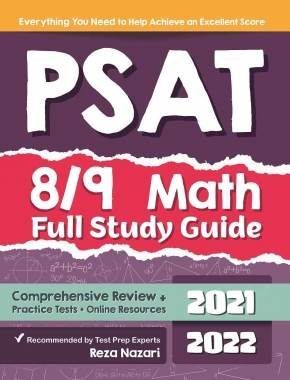
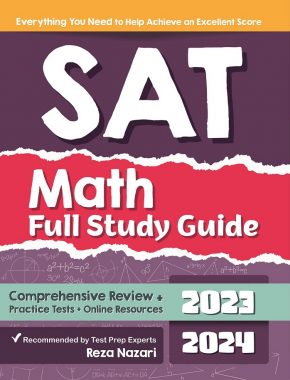
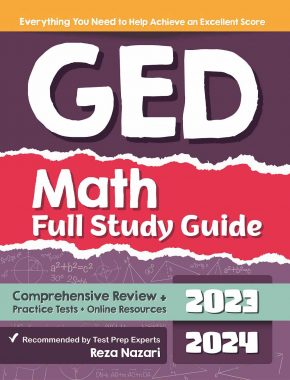
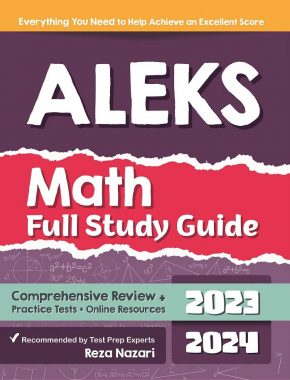
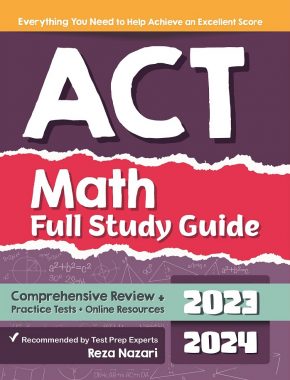
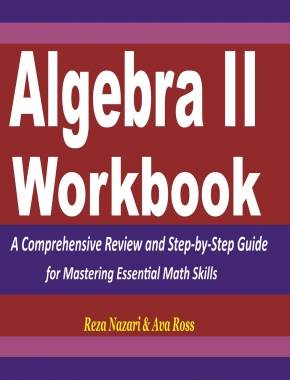

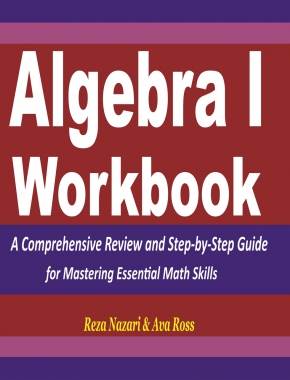
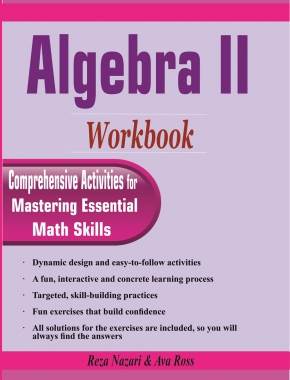
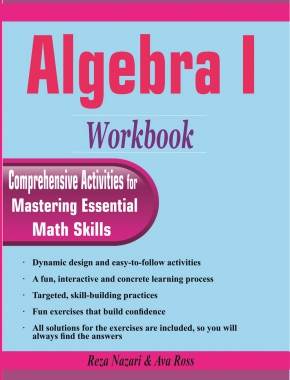
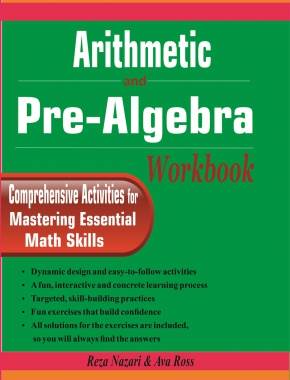
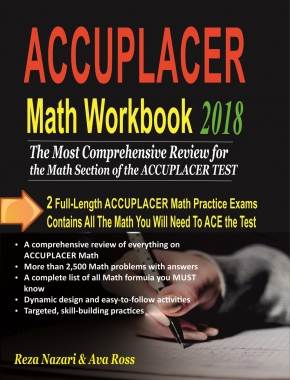
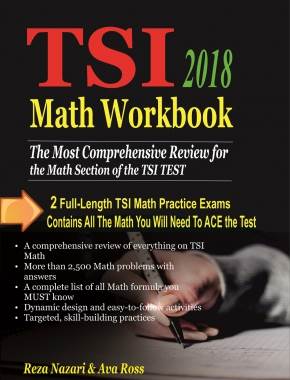




















What people say about "How Math Skills Give Players a Competitive Edge in Various Online Games - Effortless Math: We Help Students Learn to LOVE Mathematics"?
No one replied yet.